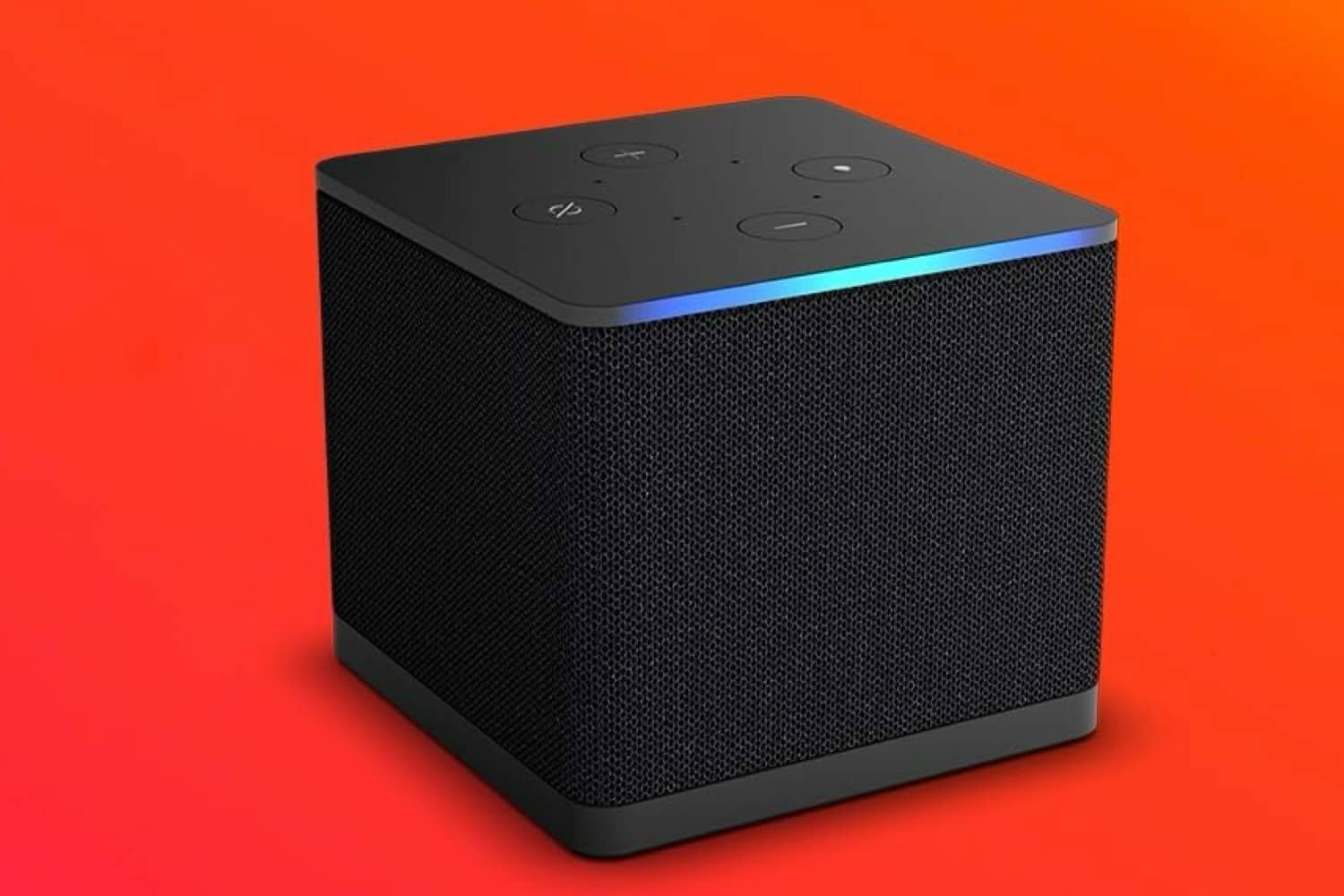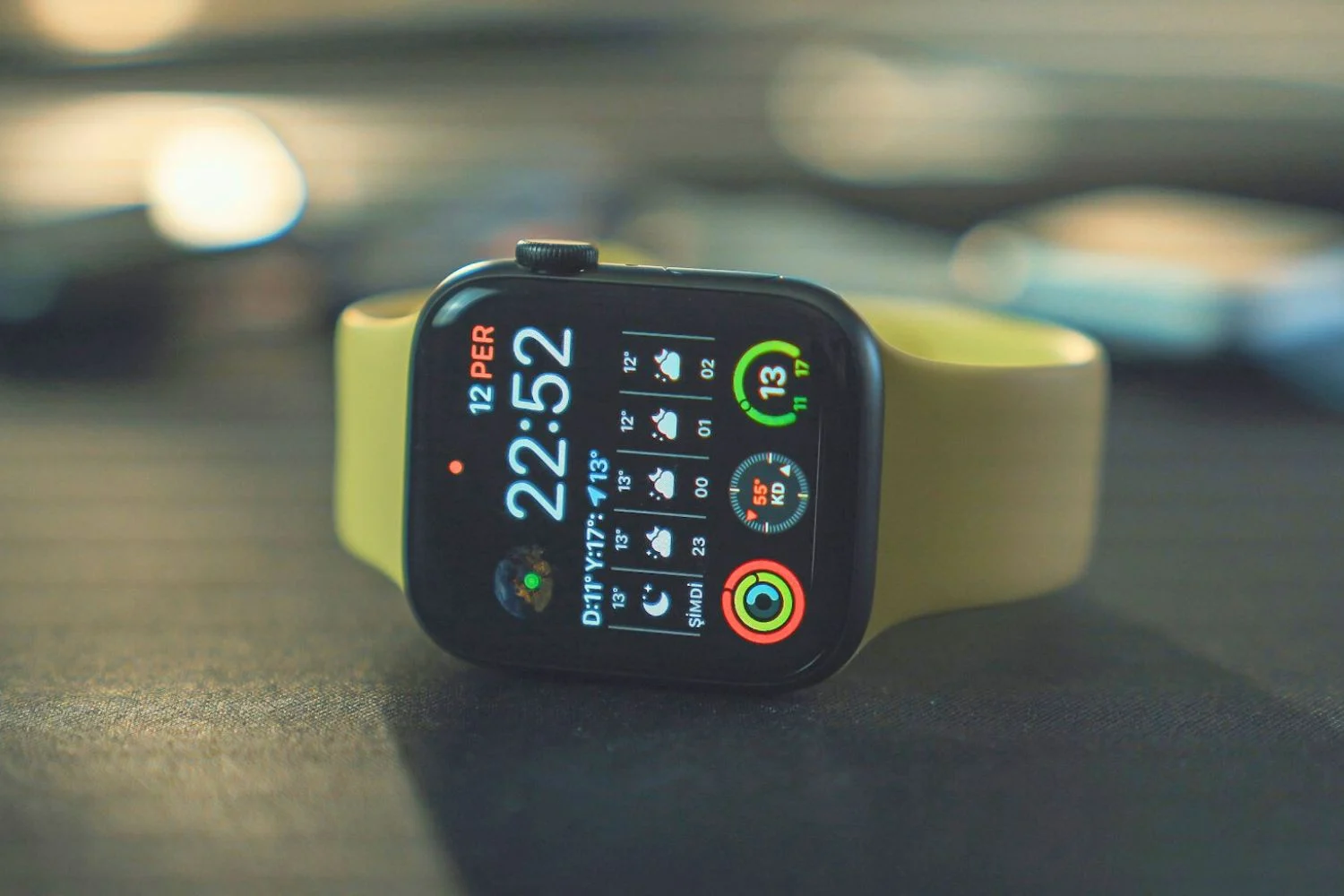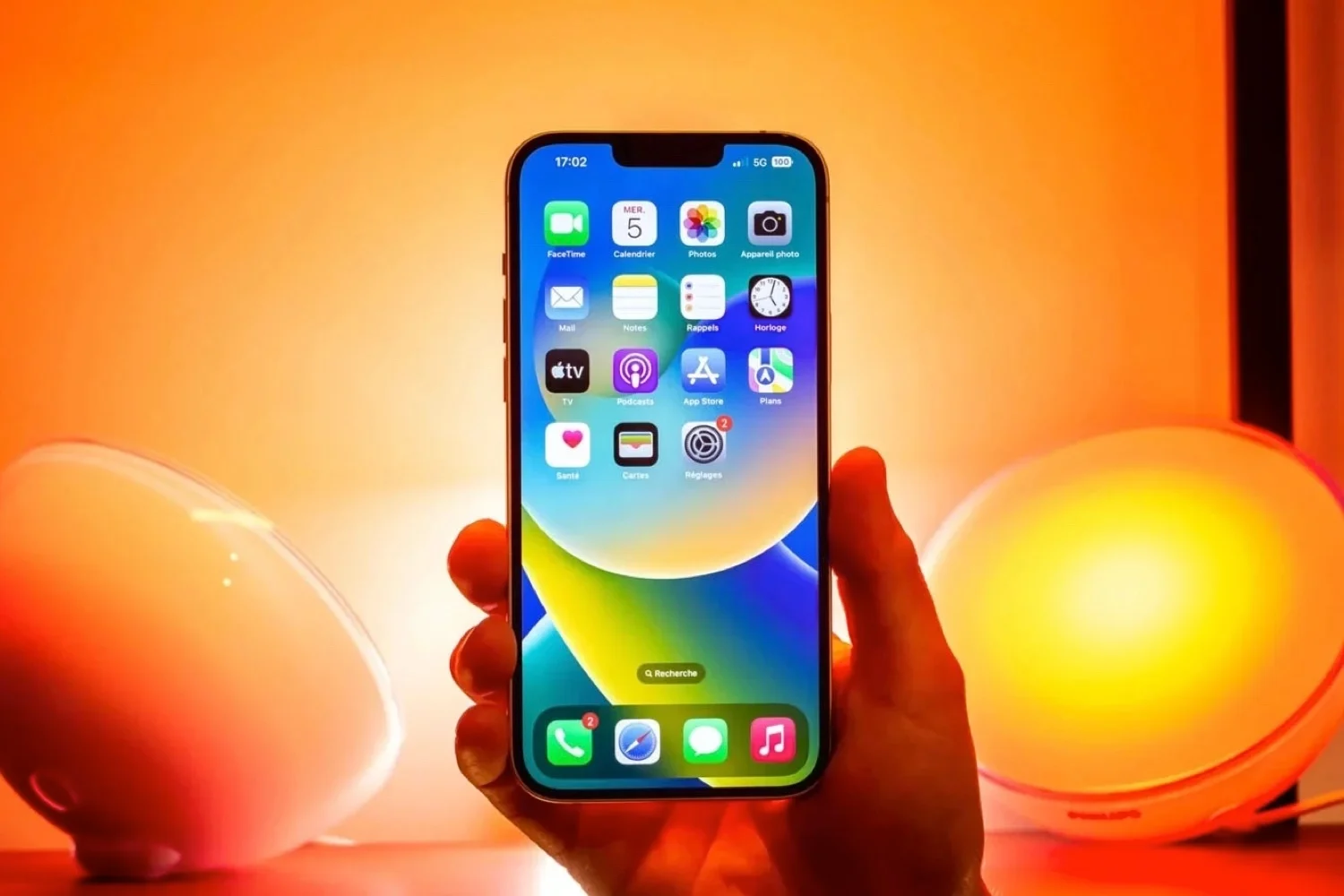Apple has always given music an important place in its operating system. Since the release of the iPod, Apple has been working to make music a priority. The Cupertino company could launch a new “Apple Music Classical” application.
The latter would focus solely on classical music and would follow the acquisition a few months ago of the specialized streaming service Primephonic. Beta code discovered in the latest version of iOS 16.4 suggests that listening to Apple Music Classical will require installing a new app.
In 2021, when it first spoke about this new service, the Apple brand assured that the launch would take place in 2022. For now, Apple has not provided any explanation for this delay and the software firm Cupertino might never give one.
The application could be launched in the coming weeks, with the deployment to the general public of a stable version of iOS 16.4. In any case, rumors are numerous regarding the new Apple music service. Already in previous versions of iOS 16.3 lines of code had been found indicating that the application was about to be released.
While waiting to see Apple's native service launch, other platforms already offer applications and services dedicated to listening to classical or jazz music. This is particularly the case of Presto which has just launched its own platform. Available in France, Switzerland and Belgium for several days, the offer offers a catalog of some of the best-known classical music. The subscription costs €10.99 per month without commitment. The catalog currently contains more than 200,000 different albums.
The classic: a genre apart?
Apple Music already offers listening to classical music, just like the popular platforms Spotify or Deezer. But unlike Presto Music, they do not have a good enough level of processing, which makes the experience less enjoyable.
It is this difference in the processing of audio tracks that should lead Apple to create a special application for classical music. Other issues appear to be delaying the launch of Apple Music Classical. The application might have difficulty structuring itself.
The classic “artist/album/piece” model does not really make sense in the classical world, just like the remuneration which cannot be based on the title listened to, the durations being very different between a solo of a few seconds and a half-hour concerto.
All these problems are, according to the latest rumors, the cause of the delay of Apple Music Classical. The Apple brand, however, would have ended up finding a solution, both for the establishment of a catalog and for the remuneration of the artists. The old Primephonic service had chosen to pay performers and composers per second of listening, a practice which could be continued in a few weeks by Apple with its own application.







